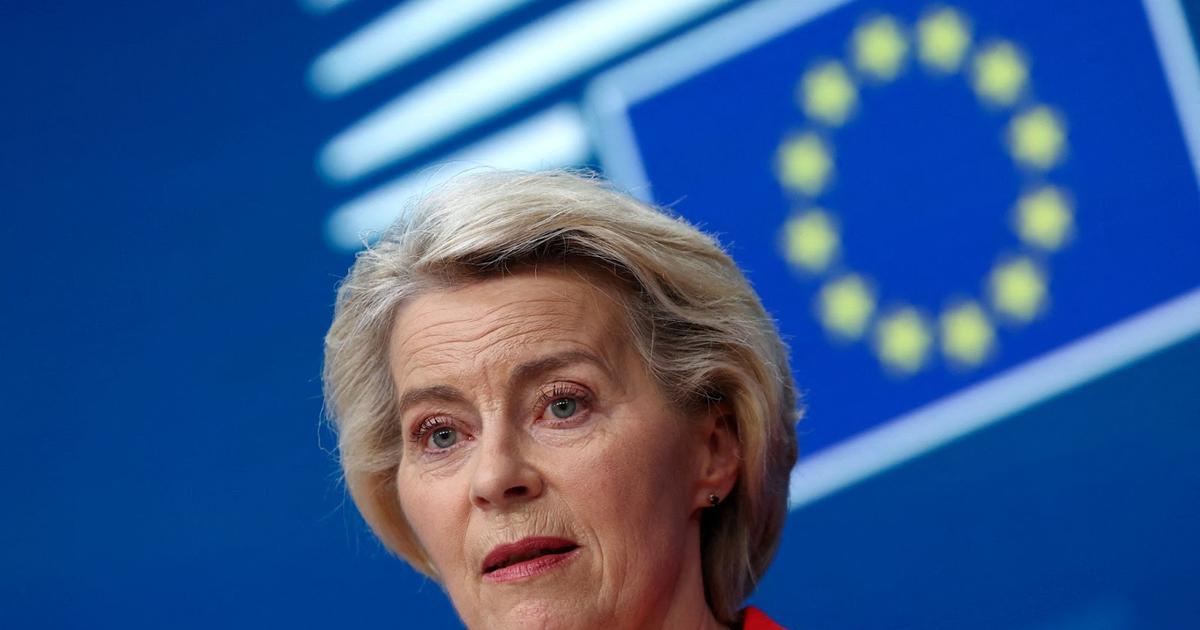Ursula von der Leyen Survives No-Confidence Vote Amid Growing Criticism
Ursula von der Leyen successfully navigated a no-confidence vote in the European Parliament, despite increasing scrutiny over her pandemic response and ties to far-right groups.
Overview
- Ursula von der Leyen faced a no-confidence vote in the European Parliament initiated by far-right members.
- The vote resulted in 175 in favor of her confidence, 360 against, and 18 abstentions.
- Critics, including Gheorghe Piperea, highlighted the Commission's refusal to disclose communication with Pfizer during the vote.
- Her leadership has come under fire due to pandemic management and connections with far-right factions.
- The outcome reflects a divided Parliament and ongoing debates about her leadership and policies.
Report issue

Read both sides in 5 minutes each day
Analysis
Center-leaning sources frame the narrative around Von der Leyen's leadership as contentious, highlighting grievances from various factions. They implicitly suggest a tension between her center-right alignment and left-wing criticisms, indicating a nuanced perspective that acknowledges political divides while maintaining a focus on institutional stability and governance challenges.
Articles (3)
Center (1)
FAQ
The no-confidence vote was primarily driven by criticism of Ursula von der Leyen's pandemic management, secrecy over COVID-19 vaccine negotiations, alleged misuse of EU funds, and controversial ties with far-right groups within the European Parliament.
Ursula von der Leyen survived the no-confidence vote with 175 votes in favor, 360 against, and 18 abstentions, thereby maintaining her position as European Commission President.
Ursula von der Leyen strongly opposed the censure motion, accusing far-right lawmakers of attempting to divide society and undermine trust in democracy. She emphasized her commitment to compromise and unity within the European Parliament.
Critics from across the political spectrum have expressed concerns about von der Leyen's lack of transparency and accountability, particularly her secretive handling of vaccine negotiations and her centralized, politically ambiguous leadership style.
Despite surviving the vote, von der Leyen is seen as weakened and warned that this is her 'absolute last chance' to realign her agenda, especially after accepting far-right support, which has raised questions about the Commission's alignment with its traditional centrist values.
History
- This story does not have any previous versions.


